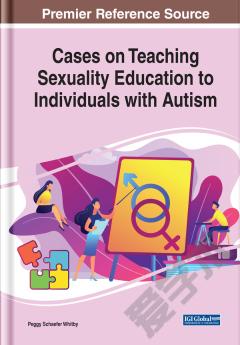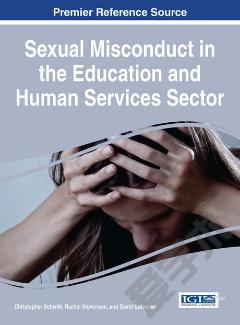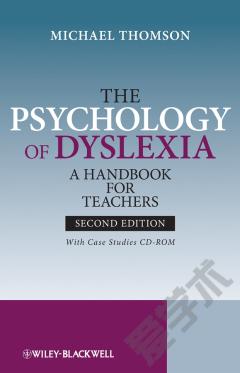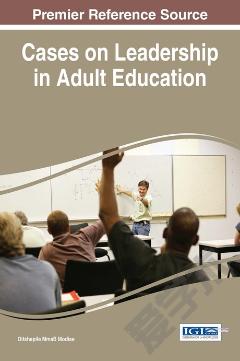Cases on Teaching Sexuality Education to Individuals With Autism
There are several reasons for providing sexuality education to individuals with autism including supporting healthy development and preventing undesirable outcomes. Supporting healthy development is predicated on notions that humans are inherently sexual beings and that knowledge about sexual development can empower the individual and contribute to more satisfying outcomes. Individuals with autism are at risk for poor outcomes in each of these areas, and specialized sexuality education may help reduce this risk. Ultimately, providing sexuality education to individuals with autism should lead to tangible, observable, and valuable outcomes that improve quality of life. However, many families, teachers, and therapists struggle with how to teach sexuality education to people with autism. Cases on Teaching Sexuality Education to Individuals With Autism is a critical scholarly resource that provides real case studies that show teachers, behavior analysts, and other stakeholders how to address sexuality education and problem behaviors using evidence-based practices. The case studies detail how teachers and therapists make treatment decisions, include family values and cultural beliefs in treatment, and use data to drive treatment decisions. Featuring a wide range of topics such as developmental disabilities, psychosexual development, and special education, this book is ideal for teachers, parents, therapists, behavior analysts, educational professionals, academicians, administrators, curriculum developers, researchers, and students.
{{comment.content}}








 京公网安备 11010802027623号
京公网安备 11010802027623号